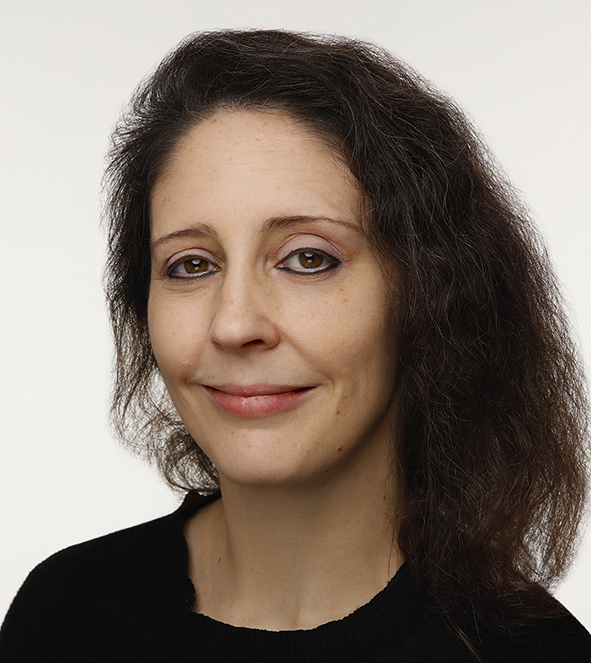In their new opera The Righteous, currently enjoying its premiere run at The Santa Fe Opera, composer Gregory Spears and Pulitzer Prize-winning author and librettist Tracy K. Smith tackle big themes of faith, power, love and betrayal.
The opera is set during 1980s America, a decade that witnessed the AIDS crisis, Reaganism and the war on drugs, and the rise of feminism. Against this backdrop, the work pits the lure of political power against the spiritual calling of the church.
Yet, it’s the internal struggles and the nuanced relationships between the opera’s intricately-drawn characters that lie at its heart.
And, as Spears explains, the grand form of opera shouldn’t always be reserved for big themes, epic battles and grand love affairs, gods and kings. Sometimes, the personal can be epic…
When big themes become personal
'We thought about religion and politics, the collision of those two pillars, and the tensions between them,' says Spears. 'But in the end the piece became more internal. So rather than being a larger statement on America, politics and religion, it focuses on smaller characters struggling on a human scale with large forces.
'And sometimes the personal is epic. That’s the paradox. If you had your heart broken as a 15 year-old, that's mythic. It’s huge. And that's how we live our lives. We’re not all governors or presidents or kings.
'But the theatre can magnify that experience so that our inner world becomes as significant – as operatic – as we feel it to be.

'So, I think the idea that big themes should always tap into historical forces isn’t necessarily the case. Though, of course, historical forces permeate all our lives. But how we deal personally with the invisible world of faith, with politics and religion – and how we figure out who we are in relation to the people around us – is, in itself, mythic.
'There’s no doubt that the technology of opera is massive. So rather than connecting the operatic form to equally big themes – stories of princes and presidents – we can use it to spotlight our own lives. And perhaps the art form can provide a connection and catharsis by telling our own stories.'
